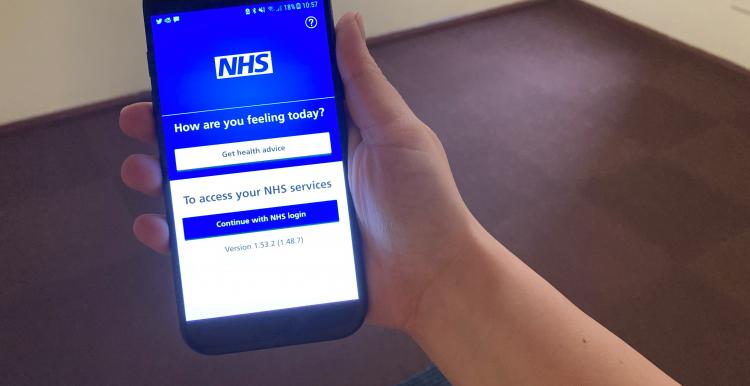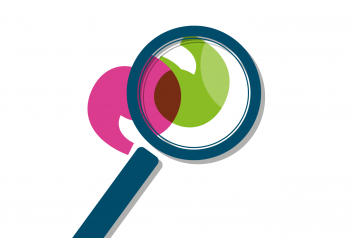How to use the NHS App and what you can do with it

What you can do with the NHS app
You can use the free NHS app to:
- get your NHS COVID Pass – view and share your COVID Pass for event trials in England and travel abroad. Find out more about the NHS COVID Pass here.
- get advice about coronavirus – get information about coronavirus and find out what to do if you think you have it
- order repeat prescriptions - see your available medicines, request a new repeat prescription and choose a pharmacy for your prescriptions to be sent to
- book appointments - search for, book and cancel appointments at your GP surgery, and see details of your upcoming and past appointments
- get health advice - search trusted NHS information and advice on hundreds of conditions and treatments. You can also answer questions to get instant advice or medical help near you
- view your health record - securely access your GP health record, to see information like your allergies and your current and past medicines. If your GP has given you access to your detailed medical record, you can also see information like test results and details of your consultations
- register your organ donation decision - choose to donate some or all of your organs and check your registered decision
- find out how the NHS uses your data - choose if data from your health records is shared for research and planning
- view your NHS number - find out about your NHS number here.
Other services in the NHS App
If your GP surgery or hospital offers other services in the NHS App, you may be able to:
- message your GP surgery or a health professional online
- consult a GP or health professional through an online form and get a reply
- access health services on behalf of someone you care for
- view your hospital and other healthcare appointments
- view useful links your doctor or health professional has shared with you
- view and manage care plans
Are you having trouble with the NHS App?
There is help and support information on the NHS website to help you solve technical issues with the app
Help and support information on the NHS website
If you have technical problems with the NHS app that are not answered in the information, contact the NHS App team.
If you are not able to use a smartphone, you can also access the NHS App features from your computer or laptop.
Keeping your data secure
After you download the app, you will need to set up an NHS login and prove who you are. The app then securely connects to information from your GP surgery.
If your device supports fingerprint detection or facial recognition, you can use it to log in to the NHS App each time, instead of using a password and security code.
Getting started with the NHS App
To get started with the NHS app, you will need to:
Set up your NHS login
You will need an email address and a mobile phone number.
Prove your identity
If you have not proven who you are to get full access to the NHS App, you’ll see a message on the homepage telling you to prove your identity to get full access.
If you do not see this message, you already have full access to the NHS App.
You can prove who you are using photo I.D. or your registration details for your GP surgery’s online services.
Log in to the app on your device
NHS login registrations may take longer than usual when there are high numbers of requests. Registrations will be processed as soon as possible.
If you already have an NHS login, you can use this to log in to the app.
If your device supports it, you can use your fingerprint or face recognition to log in instead of a password and security code.
The NHS App supports:
- fingerprint unlock on Android devices
- Touch ID and Face ID on Apple device
Before you start, check that your smartphone or tablet supports fingerprint or face recognition, and that it's set up on your device.


